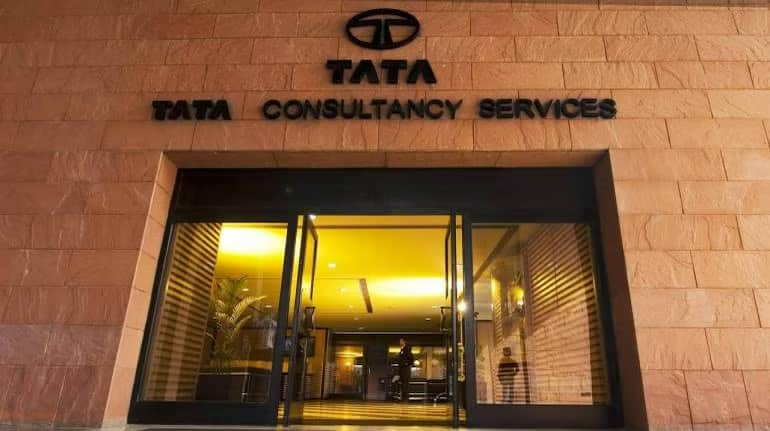 |
|
Tata Consultancy Services (TCS), India's largest software exporter, is poised to kickstart the IT industry's earnings season for the second quarter on October 10. Despite lingering macro uncertainties, the sector is anticipated to demonstrate a gradual improvement in the quarter. For TCS, the key focus will be on its demand recovery and generative AI (Gen AI) pipeline, particularly after rival Accenture reported impressive growth in both interest and revenue from Gen AI projects.
Analysts predict a sequential revenue growth of 2.1 percent and a year-on-year (YoY) growth of 7.1 percent for TCS, reaching Rs 63,938 crore. Profit after tax (PAT) is projected to rise by 3.2 percent sequentially and 9.5 percent YoY. While EBIT margin is expected to remain stable at 24.7 percent sequentially, some analysts believe it could expand by 50 basis points due to factors like the absence of Q1 wage hikes and the maximized use of subcontracting levers. However, others anticipate a slight decline in margins attributed to the ramp-up of the BSNL deal and investments in talent development and training.
A significant portion of the revenue growth in Q2 is likely to stem from the ongoing execution of the BSNL deal. Analysts estimate an incremental revenue contribution of approximately $75 million from the BSNL deal, further driving growth for the regional markets segment, including India. In Q1, TCS management had predicted broad-based traction across verticals for deals. For Q2, analysts anticipate the company to report a substantial number of large deals and an expanded order book. Deal wins in the quarter were notably dominated by the retail sector, including deals with Primark, McDonald's, and Croma. These deals, primarily focused on digital and business transformation, signal a positive shift from the previously anticipated trend of efficiency/cost takeout and vendor consolidation deals, suggesting a return to transformation deals and increased tech spending by customers.
The recent macroeconomic developments, particularly the US Federal Reserve's interest rate cut of 50 basis points, the first in almost four years, are likely to have a direct impact on various industries, especially the banking, financial services, and insurance (BFSI) sector, which accounts for a substantial portion of TCS's revenue. While the rate cut is a recent development, its immediate impact on customer technology budgets remains to be seen. Accenture CEO Julie Sweet indicated that the business environment remains cautious, and the true impact of the rate cut may not be fully realized until January and February. TCS's management will be closely observed for their commentary on the demand expected in the second half of FY25, particularly focusing on demand and recovery in the BFSI sector and North America.
Gen AI continues to be a bright spot amidst market headwinds, with customers actively allocating tech budgets for early experimentations and proof of concepts (PoCs). Accenture reported impressive Gen AI order inflows of $3 billion and $900 million in revenue for FY24, a significant jump from the previous year. Its Gen AI bookings for Q4 reached $1 billion, and deal sizes have also increased significantly. TCS, in Q1, reported an AI and Gen AI pipeline of $1.5 billion and was executing over 270 AI projects. Unlike its peers who have delayed wage hike cycles to the third quarter, TCS concluded its wage hike cycle in Q1. The company plans to add 40,000 freshers in FY25 and has also mandated a return to office for five days a week. Any updates on hiring plans, Gen AI training, and other employee metrics will be closely scrutinized by investors.
Source: TCS Q2 Earnings Preview: Gen AI, hiring among top five themes to watch out for
